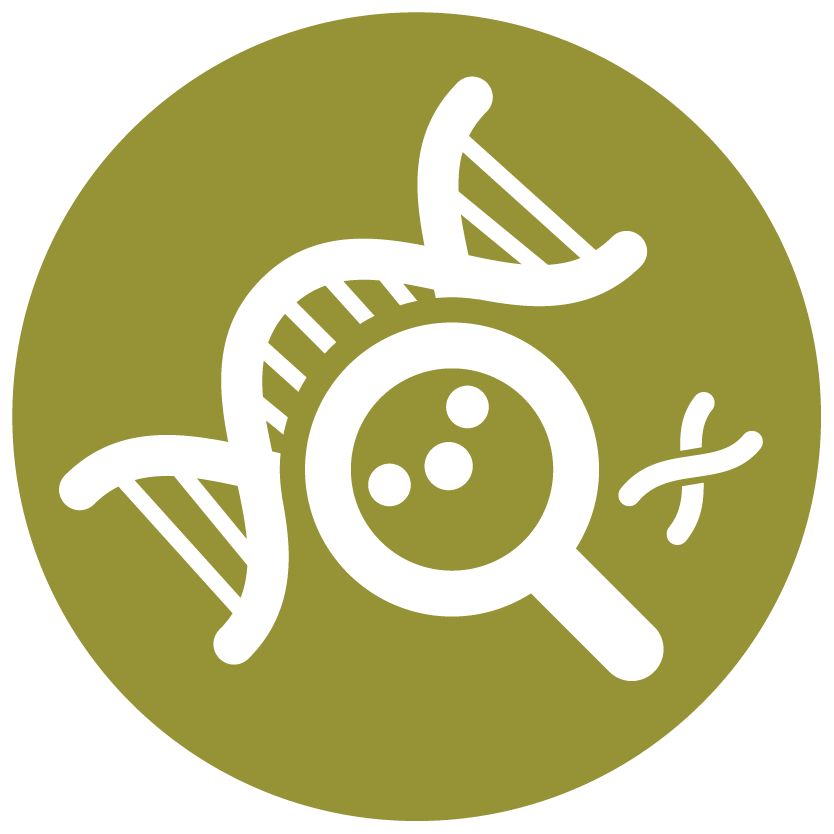Back
Discovery and Basic Research
Session: Symposium: Oncotargets: Challenges & Opportunities
Novel Thyrointegrin αvβ3 Antagonist in the Effective Treatment of Glioblastoma Multiforme and Other Cancers
Monday, October 17, 2022
9:30 AM – 10:00 AM ET
Location: 255

Shaker A. Mousa, PhD, MBA,
Prof., Executive VP of R&D and Founder of NanoPharmaceuticals LLC
PRI at ACPHS & NanoPharmaceuticals LLC
Rensselare, New York
Speaker(s)
Pharmacokinetic profiles of fb-PMT (NP751) revealed Once a day dosing and Safety assessment studies demonstrated high safety and tolerability at 100-fold over the anticipated human equivalent dose upon repeated dosing. Fluorescence labeled P-bi-TAT or fb-PMT administered SC demonstrated high and comparable biodistribution to GBM tumor in the brain versus peripherally implanted tumor. P-bi-TAT or fb-PMT administered once daily for 21 days SC at 1.0-10 mg/kg resulted in a dose-dependent suppression of GBM tumor growth and viability monitored with IVIS imaging (p <0.001). Histopathological analysis of tumors revealed > 95% loss of the vascularity of treated tumors (p <0.001) along with extensive cellular necrosis and apoptosis, without intratumoral hemorrhage. GBM tumors had a 97% volume loss and maximal loss of GBM cell viability during the 22 days off-treatment period (p < 0.001). Additionally, P-bi-TAT or fb-PMT demonstrated enhanced chemo and radio-response in various solid tumors. Genomic micro-array studies with human primary GBM revealed that multiple pathways relevant to the progression of GBM are modulated with fb-PMT treatment. Large scaleup production of GMP fb-PMT at >96-98% purity versus P-bi-TAT was more achievable that favor advancing fb-PMT is our lead clinical candidate in various solid tumors and hematological malignancies.
Learning Objectives:
- Design of Potent Thyrointegrin antagonists, Integrin Binding affinity and specificity, Anti-angiogenesis activity versus anti-VEG (Avastin), Anti-Cancer activity and molecular mechanisms, Indications for solid tumors and Leukemia
- Rational for target selction and Tumor Molecular targeting,
- Anti-angiogenesis activity versus anti-VEG (Avastin),
- Anti-Cancer activity versus RGD mimetic
- Future Indications in other vascular associated disorders beyond Oncology such as (Ophthalmology and dermatology)

